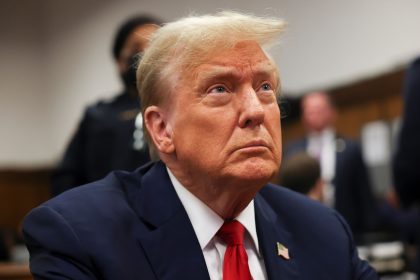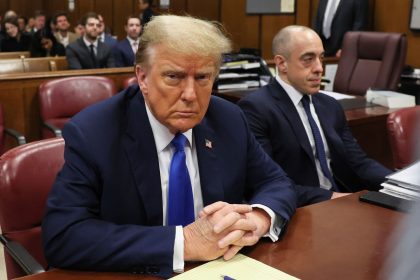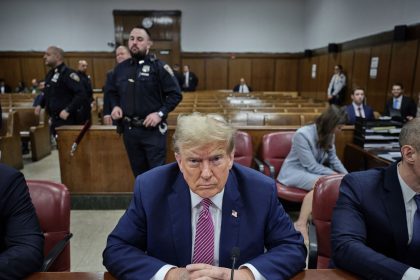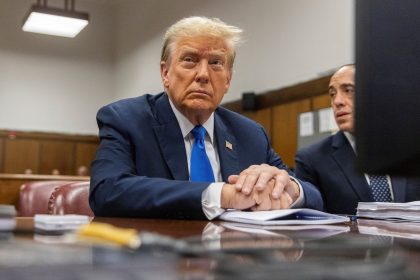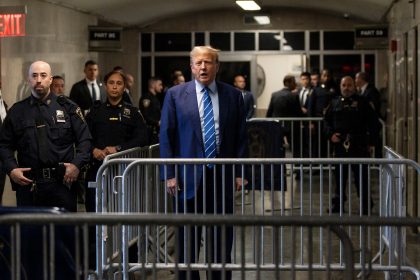State Lawmakers Crack Down on Racially Motivated 911 Calls
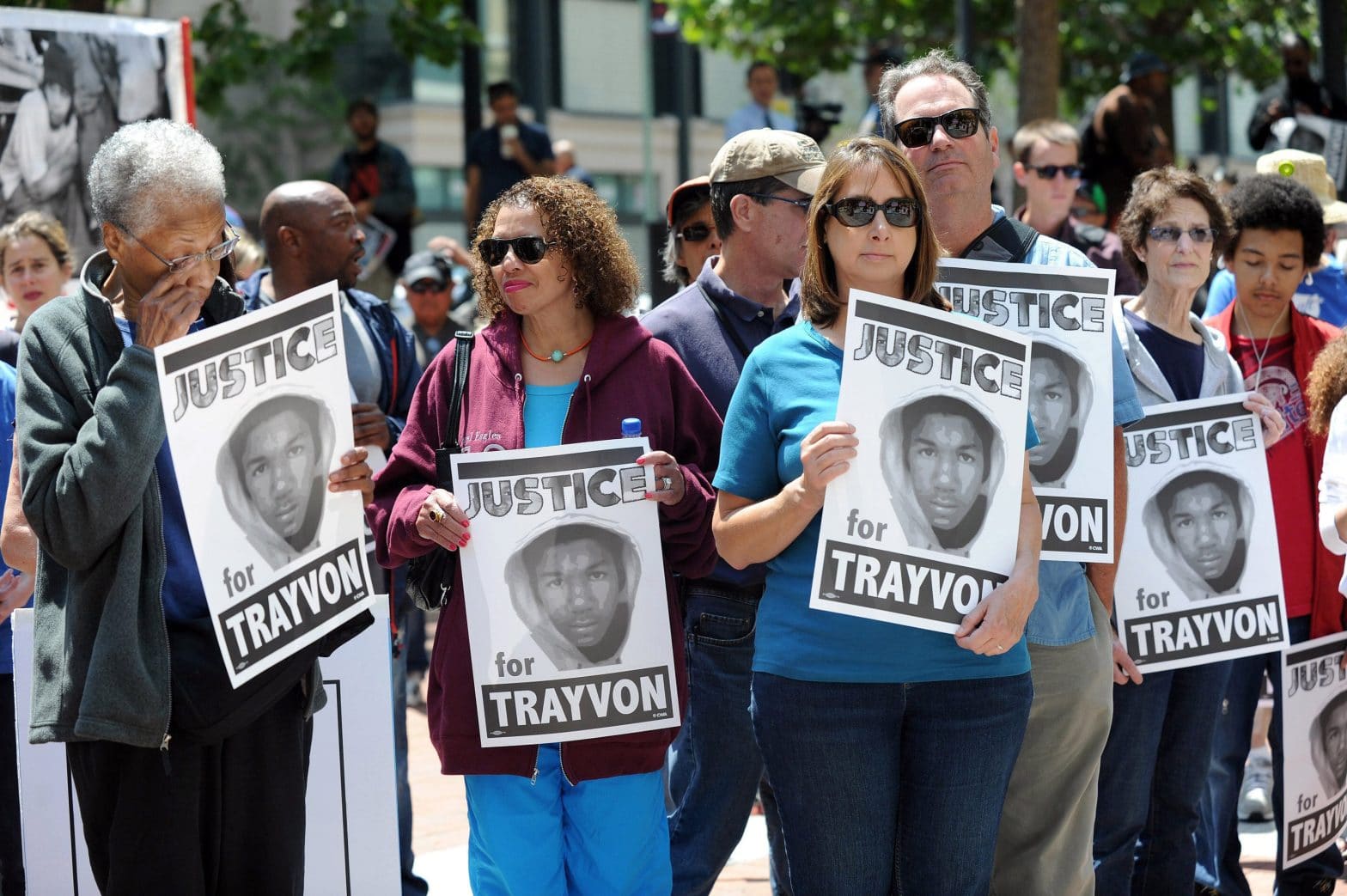
Oregon state Rep. Janelle Bynum, who is Black, tries to seem nonthreatening when she goes door to door to talk to voters.
She chooses her clothes carefully. She stops to take notes on her phone at the end of driveways, rather than at front doors. And yet, two years ago, a resident of a mostly white, blue-collar neighborhood found Bynum’s campaigning so suspicious that she called the cops.
Bynum is one of at least three Black lawmakers nationwide who proposed legislation to address racially motivated 911 calls after they were questioned by the police while campaigning. Her measure, which allows victims of certain 911 calls to sue for damages, was signed into law last year. She said she designed it to make sure people of color can walk around neighborhoods without being harassed.
“If they’re not doing anything wrong, they should not be subject to police intervention,” she said.
Now similar bills are attracting new support amid nationwide protests against police brutality and yet more viral videos that show white people calling 911 to report Black people for no legitimate reason.
New York lawmakers in June approved legislation that would allow victims of false, biased 911 calls to sue.
The Democratic governors of New York and Michigan want to make it a crime to place false, racially motivated 911 calls. Wisconsin’s Democratic governor has proposed legislation nearly identical to that proposed by state Rep. Shelia Stubbs, a Democrat, to allow victims of certain false 911 calls to sue. Her bill is modeled on Bynum’s measure.
California lawmakers are considering legislation that would establish both civil remedies and criminal penalties for similar calls.
But some Democrats don’t want to create more criminal offenses that would land more people in jail, while some Republicans say the bills could harm public safety.
In Oregon last year, Republican state Sen. Alan Olsen cast the only vote against Bynum’s bill. He told The Associated Press the legislation could discourage people from reporting crimes and make “our communities less safe.” Olsen did not respond to a Stateline request for comment.
Almost all lawmakers who opposed the New York law allowing victims of 911 calls to sue were Republican, including GOP leaders in both chambers.
“This language should be tightened, in my opinion, to make it clear that civil liability only occurs if you know the statement is false, baseless or is made maliciously or intentionally,” Assembly Minority Leader Pro Tempore Andy Goodell said during floor debate over the bill. “And without that clarification and that narrowing of this language, we run the risk that we will chill the very type of assistance we rely on from the general public.”
Stubbs’ legislation died in the Republican-controlled Wisconsin legislature this year.
And some law enforcement groups say new laws aren’t necessary. In most jurisdictions, misuse of 911 already is a crime, said Lynda Williams, national first vice president of the National Organization of Black Law Enforcement Executives.
“There are other misdemeanors already on the books,” she said, “and I think we have to stand on those.”
There’s no national database of 911 calls, so it’s hard to say whether false, racially motivated calls are common.
It’s also impossible to know whether viral eyewitness videos of certain 911 calls illustrate a new trend or a long-standing problem, said Frederick Lawrence, a distinguished lecturer at Georgetown University’s law school.
Either way, Lawrence said, “it’s a phenomenon that clearly requires our close attention.”
Numerous viral videos have caught national attention in recent years. But a Memorial Day video of a white woman in Central Park calling 911 after a Black birdwatcher asked her to leash her dog spurred many lawmakers to act this session.
“I’m going to tell them there’s an African American man threatening my life,” the dog walker, Amy Cooper, told Christian Cooper (no relation) before dialing the police. It’s clear from the video that she wasn’t being threatened.
Manhattan District Attorney Cyrus Vance Jr. has charged her with filing a false report, a misdemeanor punishable with up to a year in jail.
Some lawmakers, however, say more needs to be done to address harm to the victims of false calls.
In California, as in New York, falsely calling 911 is a misdemeanor. But the law doesn’t address harm done to people hit with a false or biased accusation, said California Assemblyman Rob Bonta, a Democrat.
“It didn’t contemplate who was truly the victim here,” Bonta said of existing law.
Oregon’s Bynum and other Black lawmakers know from experience that even peaceful interactions with the police after an accusation can be traumatic.
Stubbs was canvassing Wisconsin voters in 2018, with her elderly mother and young daughter waiting in her car, when someone in the mostly white neighborhood called 911 to allege the family was involved in a drug deal. The episode still haunts her, Stubbs said.
“It was an extremely traumatic experience,” she said. “I was embarrassed, I was humiliated, I was degraded, I was profiled.”
Former New York state Sen. Jesse Hamilton, who is Black, also had to explain himself to police in 2018 after a woman called 911 to report him for handing out political flyers she disagreed with. “I felt insulted, I felt humiliated, interrogated,” he said. “I couldn’t believe it.”
Even as an attorney and a lawmaker who had done nothing wrong, he said he still feared he’d be sucked into a long fight with the criminal justice system. And he knows he’s one of the lucky ones.
“For some people of color,” he said, a false 911 call “could mean losing a life.”
While bills to allow lawsuits against biased, false 911 callers have been relatively unopposed in left-leaning states, Democrats disagree on whether callers should face criminal charges.
In California, Bonta proposed legislation last month that would allow victims of such calls to sue and allow district attorneys to prosecute callers for committing a hate crime.
But Bonta says not all his colleagues support the additional penalties. “In California, we’re generally not in the business of creating more criminal offenses.”
Bynum declined to add criminal penalties to her Oregon law, which allows victims of certain 911 calls to sue in civil court. “I don’t believe in us filling our jails with more people,” she said.
New York lawmakers this year also killed a bill that would have made biased 911 calls a hate crime. Instead they approved legislation that, like Bynum’s, allows victims of such calls to sue for damages.
New York state Sen. Kevin Parker, a Democrat, said he sponsored the new law because he thought it was more likely to pass and more practical. “Hate crime statutes are very rarely used by prosecutors.”
New York state Assemblyman Félix Ortiz, a Democrat who sponsored the hate crime bill, countered that many victims of false 911 calls can’t take their accusers to court. “Usually the person that’s been profiled … doesn’t have the mechanism to pay for an attorney, for lawyers,” he said.
Hamilton, the former New York state senator, also proposed legislation in 2018 — which failed to advance — that would have made calling the cops for false, discriminatory reasons a hate crime. He still thinks strict penalties are appropriate.
“That’s the only way you’re going to stop people from doing it,” he said.
Lawrence of Georgetown University said that bias motivation isn’t necessarily hard to prove: The cellphone video of Amy Cooper, for example, makes her motivation clear. And while he agreed that it can be difficult to sue for damages, he said that shouldn’t stop lawmakers from letting victims do so.
“I don’t think that’s a particularly good reason for not providing people with rights,” he said.
———
©2020 Stateline.org
Distributed by Tribune Content Agency, LLC.


















